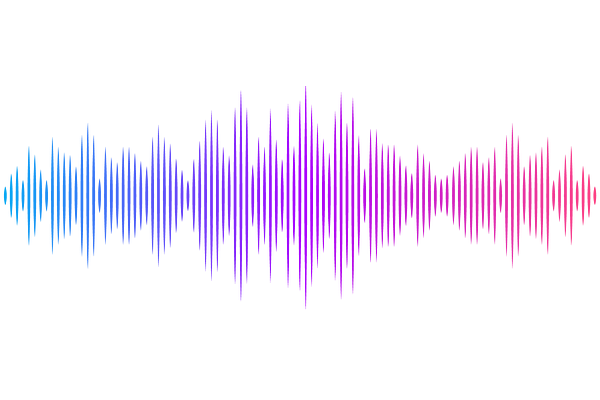Neural signatures of predictive coding underlying the acquisition of incidental sensory associations

Neural signatures of predictive coding underlying the acquisition of incidental sensory associations
Greco, A.; Rastelli, C.; Bonetti, L.; Braun, C.; Caria, A.
AbstractA longstanding question in cognitive science is whether the human brain learns sensory regularities that are irrelevant to ongoing behavior, a phenomenon known as incidental associative learning. Here, we provide evidence at the single subject level that humans indeed acquired such incidental associations and reveal their neural signatures by combining Electroencephalography (EEG), multivariate decoding and computational modeling. We found robust encoding of incidental predictions and prediction errors underlying associative learning, consistent with predictive coding theories. Prediction errors were modulated by epistemic uncertainty, incidental associations persisted in memory over days and generalized beyond stimulus-stimulus pairings to encompass broader sensory events, including the absence of stimulation. Together, our results challenge traditional assumptions that associative learning requires behavioral relevance or physical co-occurrence and point to uncertainty minimization about environmental state transitions as a general objective of brain function. This intrinsic drive may reflect a fundamental computational principle supporting the formation of internal predictive models that guide perception, learning, and adaptive behavior.